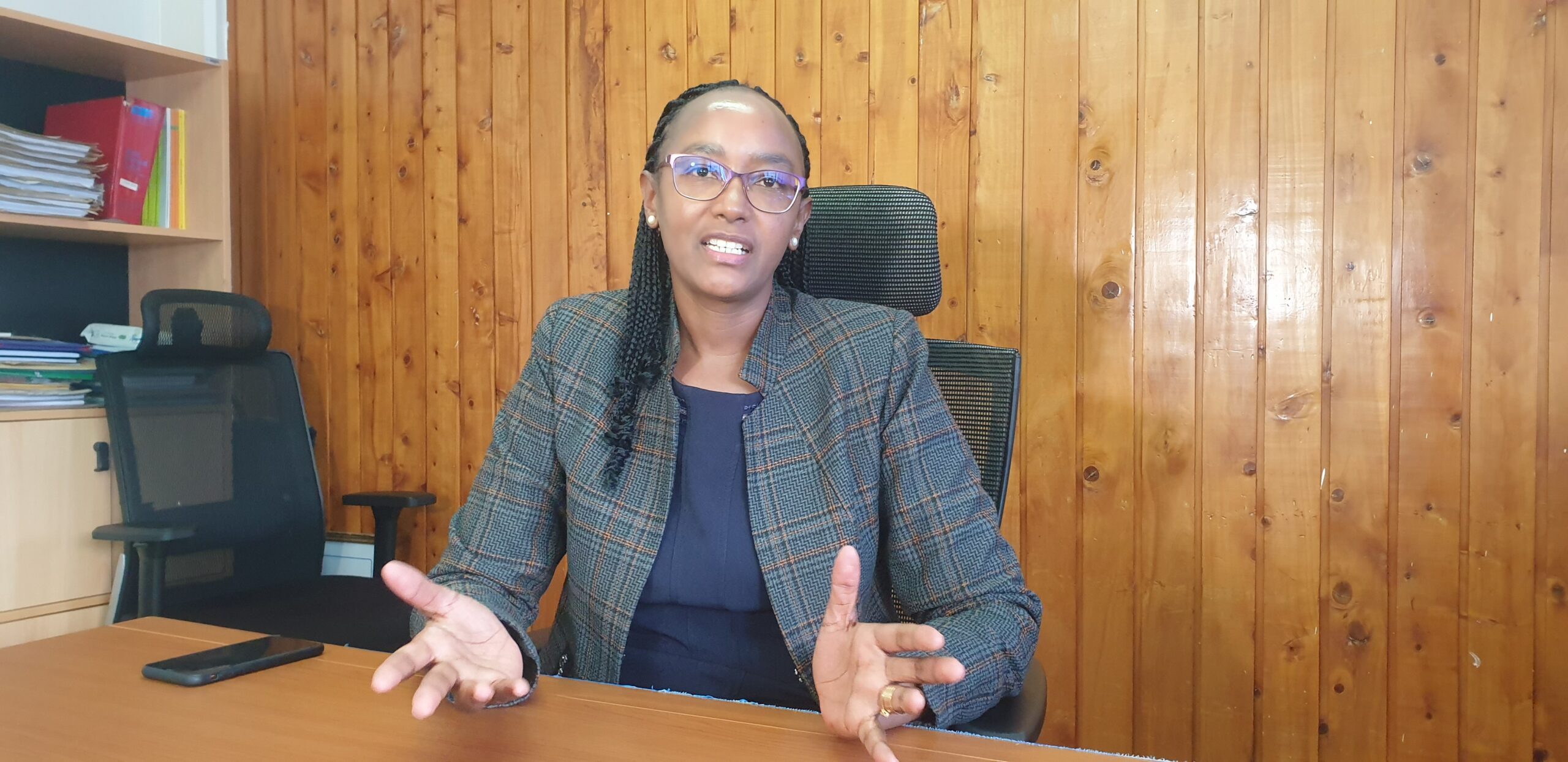Standards & SDGs: Shared Vision for a Better World

Experts have called for collaborative efforts towards development and implementation of various standards across sectors.
This call comes as the globe marked the World Standards Day (WSD) which is observed every October 14 as a way of paying tribute to thousands of experts who are involved in standardization work and who develop standards.
Launched in 1970, the WSD is also a day which offers opportunity to increase understanding of the importance of standardization.
“It is a very important day because these experts develop standards voluntarily,” said Kenya Bureau of Standards (KEBS) Director, Standards Development and Trade adding, Esther Ngari, “As KEBS, we celebrate experts from both public and private sector, who participate in various technical committees to develop standards which are then published,”
Esther said that KEBS has developed and published about 10,500 standards, all which are currently available in the institution’s website.
This year, KEBS has published about 1,000 standards from different sectors and which support trade and commerce.
The year 2022’s WSD theme is ‘Shared Vision for a Better World’.
Standards ensure that products and services work as expected thus enhancing life’s safety and ensuring that people enjoy them.
They are key towards achievement of the 2030 agenda and creating a more sustainable and fairer world.
“In line with Standard Development Goal (SGD) 6 on water and sanitation, this year KEBS published standards on water and low cost sewerage systems which are supposed to be used in the informal sectors,” said Esther.
KEBS, she added, has also developed various standards which address renewable energy products and services in line with SDG7.
“We have also developed standards in line with SDG11 on smart cities and communities,” said Esther adding, “These standards will assist especially in our counties as we come up with new cities,”
Horticultural Crops Directorate (HCD) Director Benjamin Tito said standards are key towards harmonizing code of practice and facilitating trade among nations by creating equal opportunities.
“By having standards, we are able to have a common denominator which is the standardization mark, and this is the quality required by all market players,’ said Tito
Kenya is implementing the Kenya Standard KS1758, which applies to all operators in this sector.
KS1758 comprises of two sectors with the first covering the floriculture industry while the second addresses the fruits and vegetables sector.
“I call on all value chain players to follow the stipulated code of practice and to ensure all produce is safe, production is ethically done and processes ensure environmental sustainability,” said Tito
Both KEBS and HCD have been among key beneficiaries of the European Union (EU)- supported Market Access Upgrade Program (MARKUP) Kenya, which aims at enhancing competitiveness and market access for selected Kenya produce.
The program is implemented by United Nations Industrial Development Organisation (UNIDO) in partnership with the government and private sector.
MARKUP Kenya National Project Coordinator Maina Karuiru emphasised on the importance of standards, saying they are key towards ensuring safety, quality and reliability of products and services.
“Standards are also key towards facilitating trade and protecting the environment,” said Maina
MARKUP Kenya, he added, has been training farmers across selected counties on Global Good Agricultural Practices (GAP) which he terms as the minimal standards which require compliance.
Close to 1,500 farmers from nine counties have so far received trainings on Global GAP, while extension officers have been equipped in knowledge to keep training more producers, for sustainability purposes.
“All of us have a role to play in creating more sensitization towards enhancing food safety and broadening markets locally, regionally and in the international arena,” said Maina
He called on government, development partners, Non-Governmental Organisations (NGOs), producers, private sector and other players to remain vigilant in ensuring adherence to relevant standards across sectors.
